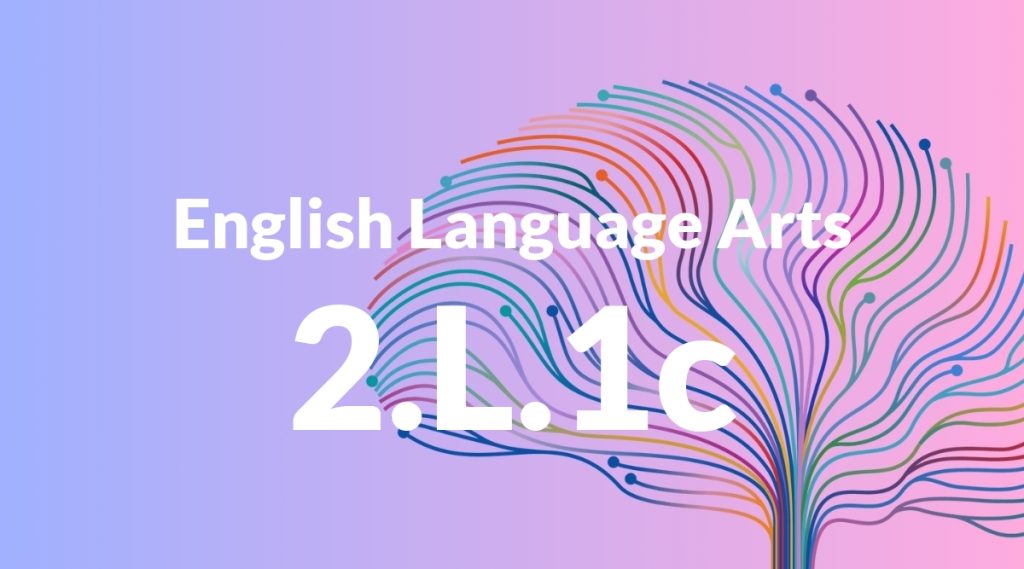Standard: 2.L.1c – Use reflexive pronouns (e.g., myself, ourselves).
Grade level: Grade 2
Subject: English Language Arts
Domain: Language
Teacher Overview
This standard focuses on the correct usage of reflexive pronouns, which are pronouns that refer back to the subject of the sentence. Mastery of this standard is important as it helps students construct grammatically correct sentences and enhances their overall writing and speaking skills. Students should already understand basic pronouns and their functions in sentences. They should be comfortable identifying and using subject and object pronouns.
Mastering reflexive pronouns will prepare students to tackle more advanced pronoun forms and structures, such as possessive pronouns and relative pronouns, which are essential for complex sentence construction.
Common Misconception 1
Some students may incorrectly believe that reflexive pronouns can be used in place of any pronoun. This misconception arises from a lack of understanding of the specific function of reflexive pronouns.
Intervention 1
Use sentence correction activities where students identify and correct improper use of reflexive pronouns. Provide clear explanations and examples to reinforce correct usage.
Common Misconception 2
Students might confuse reflexive pronouns with intensive pronouns because both types of pronouns look similar and can appear in similar contexts.
Intervention 2
Create exercises that highlight the differences between reflexive and intensive pronouns. Use visual aids and practice sentences to help students distinguish between the two.
Prerequisite Knowledge
Students should have a basic understanding of pronouns and their usage in sentences. They should also be able to identify and use subject and object pronouns correctly.
Subsequent Knowledge
After mastering reflexive pronouns, students will be able to understand and use more complex pronoun forms and structures, such as possessive pronouns and relative pronouns.
Instructional Activities
- Sentence construction exercises using reflexive pronouns.
- Pronoun identification games.
- Story writing prompts that require the use of reflexive pronouns.
- Group activities where students role-play scenarios involving reflexive pronouns.




